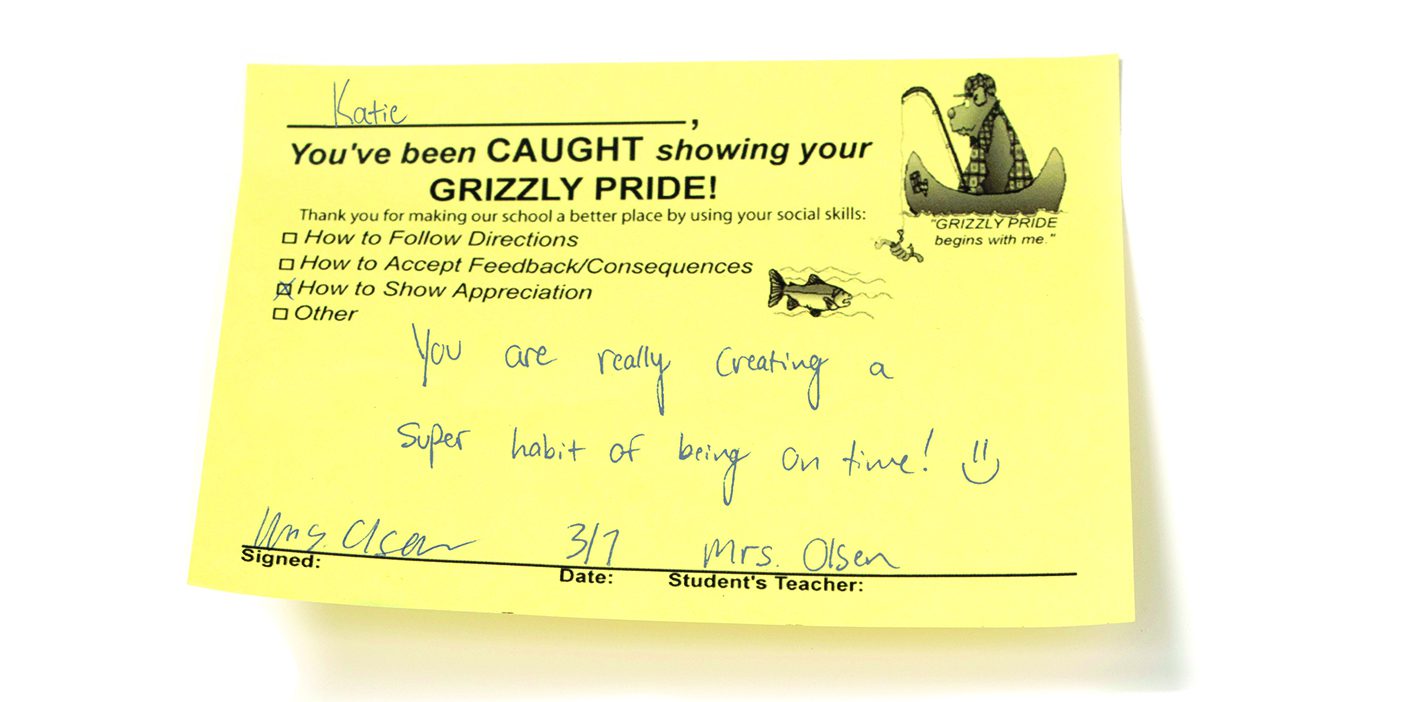Are you negotia-phobic? You’re not the only one. Don’t be afraid to ask for what you want, says Katie A. Liljenquist, assistant professor of organizational leadership and strategy. You can’t get what you don’t ask for, so next time you’re dissatisfied with something—an expired coupon, increased insurance premiums, or a child who isn’t behaving well—give negotiating a try. Even if you never step foot in the corporate world, negotiation skills can make you a better employee, consumer, spouse, or parent. With these five tips from Liljenquist, you’ll find the confidence you need for everyday parleys:
1. Proceed as if everything is negotiable. Never ask, “is this negotiable?” It’s easy to shut down a yes/no question, and even the term negotiable is enough to put some people on guard. Ask how, not if, and use open-ended conversation starters: “I’d love to talk to you about how we can do X.” Instead of thinking of negotiation as competitive or confrontational, think of it as a conversation that leads to a mutually beneficial outcome.
2. Affirm your interest, then ask for help. If you’re shopping for a vacuum, for example, you might think that expressing excitement about the product will weaken your leverage. But if you act indifferent, the salesman has little incentive to do you a personal favor. Instead say, “I love this product and want to buy it, so I’d love your advice on how to make this fit within my budget.” Suddenly, that salesman wants to cut you a break.
3. Smile when negotiating, even over the phone. If you’re tense or strained, it’s obvious and can come across as demanding, aggressive, or whiny. When you’re at ease, your counterpart will feel comfortable and more inclined to grant your request. It helps to remind yourself that you’re just having a friendly conversation, not a debate.
4. Replace but with and. But feels adversarial and negates the positive in communication. If you say, “Honey, I love you, but I’d like you to start helping out with the dishes,” all your spouse hears is what follows the but. If you change but to and, you’ll say the same thing and change the tone completely.
5. Reframe complaints as requests. People always prefer you come to them seeking solutions instead of stating problems. This skill can be taught at a young age. For example, if your son complains, “I’m so hungry!” ask him to turn that into a polite request, and he’ll say, “Mom, could you please make me a sandwich?” Help others solve your problems by approaching requests with multiple solutions in mind that could meet your needs.









